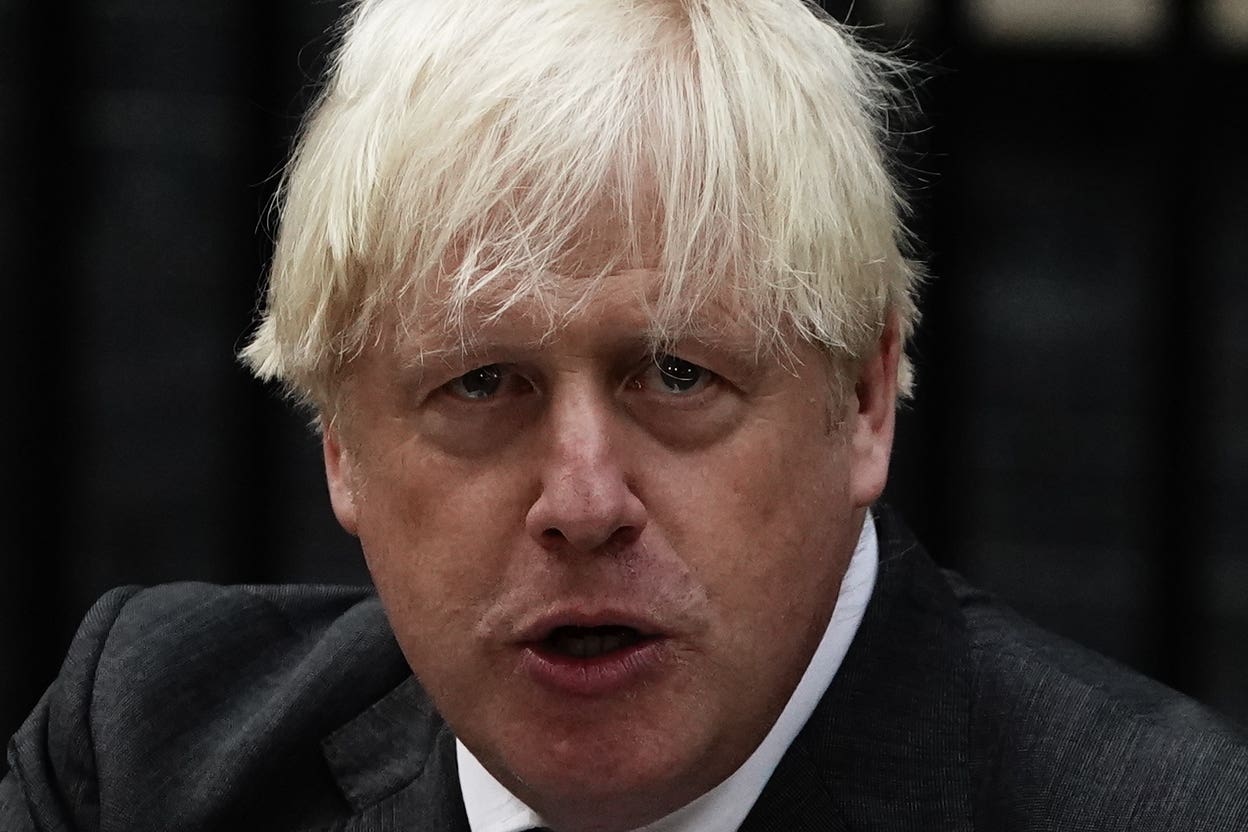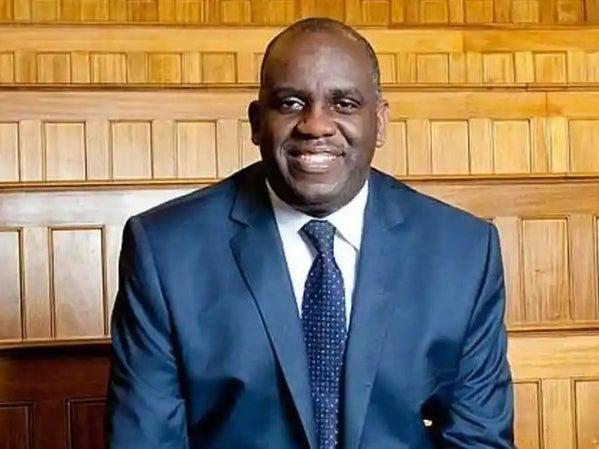Boris Johnson ‘admitted race issues are difficult for him’, chair of racism probe claims
Lord Sewell made claim about former PM, once investigated by his own party for saying burqa wearers look ‘like letterboxes’

Boris Johnson reportedly admitted that matters concerning racism are “difficult for me” in a meeting about a major report into the issue.
The former prime minister has come under fire multiple times, including for referring to Black people as “piccaninnies” and describing them as having “watermelon smiles”.
The chair of a controversial commission ordered by Mr Johnson when he was in Downing Street suggested that the former prime minister had been candid about his personal record.
Lord Sewell said that, in a meeting about the 2021 report, Mr Johnson had admitted “the race thing’s difficult for me”.
In an interview with The House magazine, Lord Sewell added that, in his opinion, Mr Johnson “can’t ... deliver a nuanced argument about race given his track record”.
Published in March 2021, the government-backed review of racial disparities in Britain was commissioned in the wake of the Black Lives Matter movement.
But some of its findings faced backlash, particularly Lord Sewell’s remarks in the foreword that “we no longer see a Britain where the system is deliberately rigged against ethnic minorities”, and a suggestion that it found there was no evidence of “institutional racism”.
Critics accused it of being culturally deaf, out of step with public opinion and “steeped in denial”. Lord Sewell previously defended the report, and questioned whether critics have actually read it.
In 2018 Mr Johnson was investigated by his own party over a newspaper column in which he compared women who wear the burqa with bank robbers.

He also said in The Daily Telegraph that full-face veils should not be banned, but that it was “absolutely ridiculous” that women chose to “go around looking like letterboxes”.
Opposition politicians said Mr Johnson’s reported comments show the former Tory leader should never have been allowed to be in charge of the country.
Shadow women and equalities secretary Anneliese Dodds said: “It is clear that Boris Johnson was never fit for office. What is surprising is that Johnson himself seemed to understand this.
“What he describes as ‘the race thing’ is in fact a litany of offensive and insensitive comments, which have been linked with a rise in Islamophobia and other forms of racism – including violent forms of these kinds of hatred.
“Politicians who enabled and supported Johnson despite these consistent failings must take a serious look in the mirror. This includes Rishi Sunak, whose promise of ‘honesty, integrity and accountability’ is looking more and more hollow each day.”

Liberal Democrat equalities spokesperson Christine Jardine said: “Boris Johnson’s remarks are shocking; the mindset he is clearly in has no place in modern politics. Britain is a melting pot of cultures that deserves to be celebrated.
“Johnson’s comments just serve as further proof that he was never fit to lead our country.”
A spokesperson for Mr Johnson said his comments had been misunderstood.
He said: “This is a misunderstanding. There was a suggestion that as PM, Mr Johnson should present the report himself. He properly declined to do so as the report was independent of government.”
He added: “Mr Johnson has an excellent track record. He appointed the most diverse cabinet in UK history, with 18 per cent from Bame [Black, Asian and minority ethnic] backgrounds. Indeed, the Commission on Race and Ethnic Disparities – which produced the Sewell report – was commissioned by Mr Johnson to investigate racial disparities in the UK.”
Sunder Katwala, director of think tank British Future, said: “I think Tony Sewell is wrong to say the problems with the race commission were down to Boris Johnson’s past comments on race. The issue with the commission’s report was that it fuelled a polarised debate about the language and not the substance of race.
“It missed an important opportunity to unlock common ground for policy reform to tackle inequalities in education, policing, jobs and health. So it is now up to Rishi Sunak and Keir Starmer to pursue that constructive agenda.”




Join our commenting forum
Join thought-provoking conversations, follow other Independent readers and see their replies
Comments